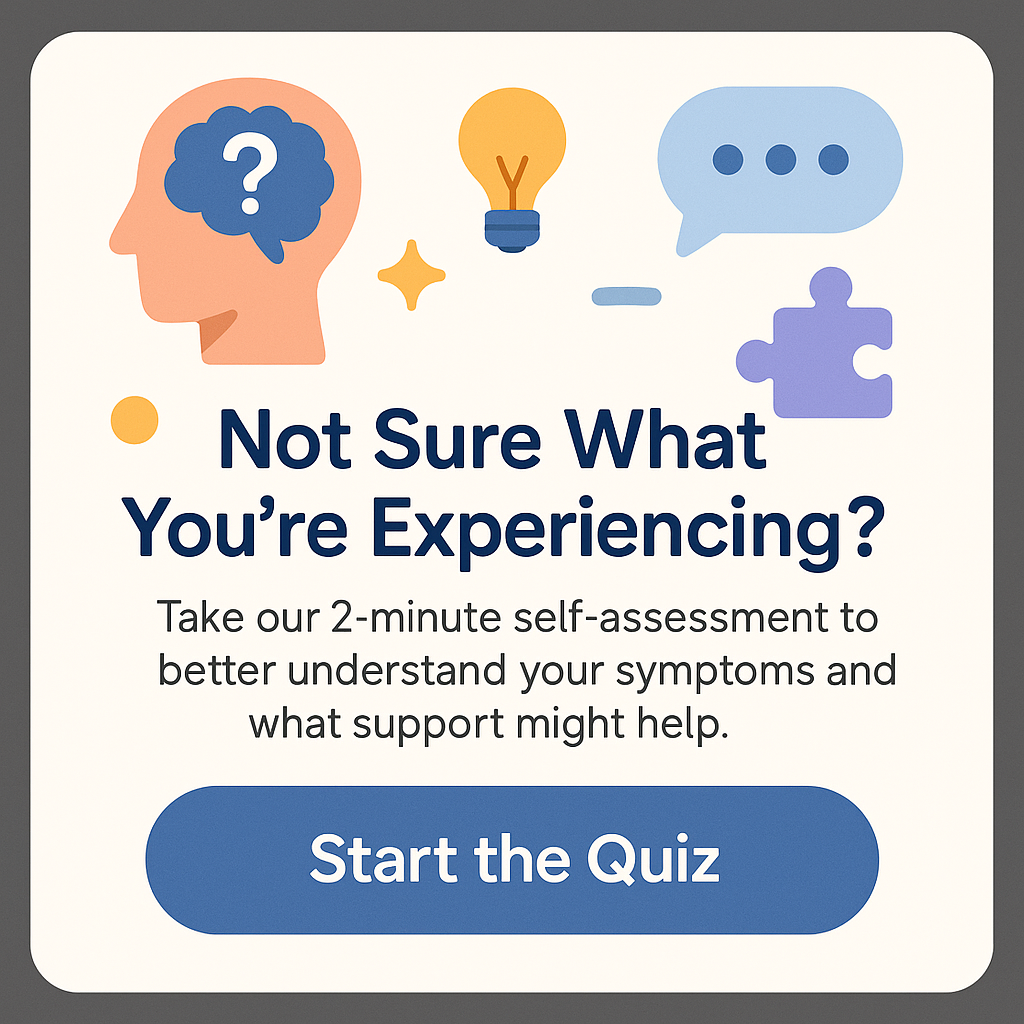Is high-functioning autism a disability?
Is high-functioning autism a disability? This question has sparked extensive debate in both medical and social spheres. High-functioning autism, often falling under the broader umbrella of Autism Spectrum Disorder (ASD), presents a unique set of challenges and strengths for those affected. Individuals diagnosed with high-functioning autism often possess average or above-average intelligence and may excel in certain areas, such as math or art. However, they might struggle intensely with social interactions and understanding social cues, leaving them at a crossroads. Is their condition a disability, and if so, how does that affect their daily lives?
As we dive deeper into this topic, we’ll explore what high-functioning autism entails, how it is perceived in society, the nuances surrounding disability designations, and how these designations can impact the lives of those diagnosed. Whether you’re here out of personal interest or to better understand a friend or family member, this discussion will provide valuable insights on the complexities of high-functioning autism.
Understanding High-Functioning Autism
High-functioning autism refers to individuals who are on the autism spectrum but display relatively fewer challenges. Unlike their neurotypical counterparts, individuals with high-functioning autism might find standard social interactions overwhelming. They can often hold jobs, maintain relationships, and engage in everyday activities but may still experience significant difficulties.
If you ask a person with high-functioning autism about their daily lives, many might describe a world filled with bright colors and sounds that whirl together beautifully… or painfully. They might excel in focused tasks but struggle in chaotic social gatherings. This duality is pivotal to understanding the question: is high-functioning autism a disability?
According to the DSM-5 (Diagnostic and Statistical Manual of Mental Disorders, Fifth Edition), the traits associated with high-functioning autism involve difficulties with social communication and interaction, alongside restricted or repetitive patterns of behavior. However, unlike individuals diagnosed with more severe forms of autism, those identified as high-functioning may have developed coping mechanisms and acquired skills to navigate their environments.
Defining Disability
Before delving further into the specifics of high-functioning autism, it’s essential to define what constitutes a disability. According to the Americans with Disabilities Act (ADA), a disability is a physical or mental impairment that substantially limits one or more major life activities. This broad definition encompasses a range of conditions, from mobility issues to mental health disorders.
For high-functioning autism to be classified under this umbrella, it must demonstrably impede the individual’s ability to perform daily activities or manage interactions. While some would argue that the term “disability” suggests a hindrance, others might suggest it merely acknowledges different ways of processing and interacting with the world.
Is High-Functioning Autism a Disability? Perspectives and Misconceptions
Now that we’ve established what high-functioning autism entails and what barriers individuals may face, let’s address the question head-on: is high-functioning autism a disability? The answer isn’t straightforward, as it often hinges on a combination of social perception, personal experience, and legal definitions.
Social Perceptions of High-Functioning Autism
The public perception of high-functioning autism plays a significant role in determining whether it is recognized as a disability. Many people associate the term “autism” with severe impairments—behaviors like rocking, echolalia, or reduced verbal skills often come to mind. As a result, high-functioning autism might not fit this stereotype; hence, some individuals and families may shy away from classifying it as a disability.
This can lead to a significant gender bias as well. Oftentimes, young girls, who might present differently than boys on the autism spectrum, may go undiagnosed or receive a late diagnosis. Consequently, they are labeled “quirky” or “shy,” overlooking the profound differences in how they perceive and engage with their surroundings. For individuals who find themselves on the higher-functioning end of the spectrum, this dismissal can lead to isolation.
However, it’s essential to recognize that high-functioning individuals may still face hardships stemming from sensory overload, anxiety, and social misunderstandings. Some might argue that the frustration and confusion stemming from these challenges validate its classification as a disability. Moreover, invalidating their experiences due to the label can prevent access to crucial support services, educational accommodations, and understanding in personal relationships.
The Legal Landscape: High-Functioning Autism and Disability Rights
From a legal perspective, many jurisdictions have begun to recognize that autism, regardless of its functioning level, should be considered a disability. The IDEA (Individuals with Disabilities Education Act) outlines provisions for students with disabilities, including those with autism. The law mandates that public schools create an Individualized Education Program (IEP) tailored to a student’s unique needs, often including those with high-functioning autism.
This progressive shift indicates an understanding that individuals—even those who are high-functioning—can benefit from accommodations and support. These might range from simple modifications in their learning environment to intensive therapeutic interventions. Therefore, legally speaking, high-functioning autism can be classified as a disability, opening doors to resources that would otherwise be inaccessible.
Breaking Down the Stigma: The Importance of Understanding
Combatting the stigma surrounding high-functioning autism is crucial for building understanding and acceptance. When friends and family comprehend the unique challenges these individuals face, they become better equipped to provide support.
For instance, just because an individual with high-functioning autism can hold a job does not mean they aren’t overwhelmed by social interactions, or that they don’t require guidance in decision-making processes. Without this support, they might feel unsupported or outright excluded from social circles. To help those navigating high-functioning autism, individuals in their lives should cultivate a supportive environment where they can openly express their feelings and needs.
Furthermore, mental health initiatives should emphasize and cater to the needs of individuals with high-functioning autism. There is a significant correlation between high-functioning autism and co-existing mental health conditions, including anxiety and depression. Recognizing high-functioning autism as a disability allows for these co-occurring conditions to be better addressed without stigma.
Conclusion
So, is high-functioning autism a disability? The answer lies within the spectrum of experiences that individuals face. While the term “high-functioning” may suggest a less severe condition, it does not account for the emotional and psychological challenges that often accompany it. As society progresses towards more inclusive understandings of mental health and disability, recognizing the complexities of high-functioning autism becomes increasingly critical.
Understanding how high-functioning autism affects daily life allows us to foster a compassionate society where all individuals—regardless of their label—can obtain the support they need. By breaking down stigmas and acknowledging diverse experiences, we can create environments that empower those with high-functioning autism to thrive.
FAQs
1. What are the signs of high-functioning autism?
Signs of high-functioning autism can include difficulty in social situations, trouble interpreting social cues, intense focus on specific interests, and sensory sensitivities.
2. Can individuals with high-functioning autism lead normal lives?
Yes, many individuals with high-functioning autism can lead fulfilling lives, holding jobs and maintaining relationships, although they may face unique challenges.
3. How can I support someone with high-functioning autism?
Offering understanding, patience, and open communication can significantly benefit someone with high-functioning autism. Encourage them to express their feelings and needs openly.
4. Is high-functioning autism recognized in the DSM-5?
Yes, high-functioning autism falls under the Autism Spectrum Disorder classification in the DSM-5, which encompasses a range of symptoms and functional levels.
5. What resources are available for individuals with high-functioning autism?
Resources include therapy, support groups, educational accommodations, and specialized programs designed to enhance social skills and emotional regulation.
Can autism get worse if untreated?







